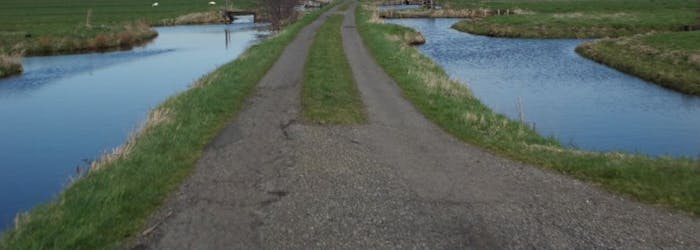Can you imagine 20 centimetres of sea water in your street every day
The 80,000 inhabitants of a neighbourhood round the Banger canal in Semarang on the island of Java in Indonesia think nothing of it.
The people who live in this five-square kilometre area are used to the fact that water from the Java Sea flows through their streets every day. And if it rains in Semarang – known as ‘the city of floods’ – the water even finds its way into homes and businesses.
Elevating the buildings only helps temporarily because soil subsidence is between five and 10 centimetres a year. This is caused by urbanisation and the fact that ground water is extracted for domestic water supplies. Meanwhile many businesses have left the area for safer premises elsewhere in the city which means local unemployment is high. The flooding is ruining people’s health and unless measures are taken, the water will continue to rise, and people could even die.

 06 Clean Water and Sanitation
06 Clean Water and Sanitation